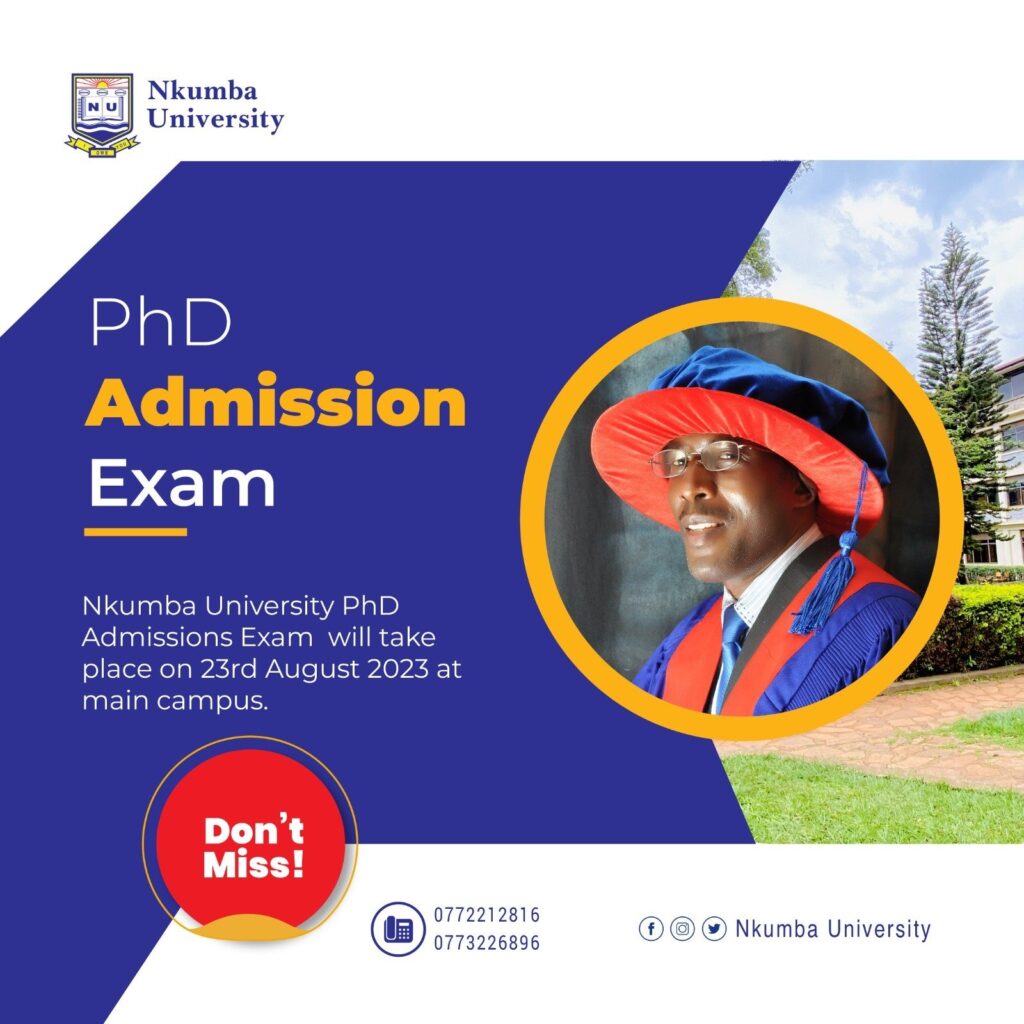Babirye Stellah Maris
In the tumultuous landscape of Ugandan politics, the emergence of the National Unity Platform (NUP) as a formidable opposition force captured both attention and skepticism.
Founded in August 2020, the NUP swiftly ascended to prominence under the charismatic leadership of musician-turned-politician Kyagulanyi Robert Ssentamu, commonly known as Bobi Wine.
Pledging to challenge the status quo and unseat what they termed a “dictatorship,” NUP’s performance during the last year’s general elections raised both eyebrows and expectations.
This analysis delves into NUP’s journey, from its inception to becoming the second-largest party in the 2020 elections, dissecting its popularity in the Buganda region and examining the hurdles it faces as it strives to maintain its position as the leading opposition party in Uganda’s political arena.

The rise of NUP was marked by the strategic utilization of military symbolism, catchy slogans like “People Power Our Power,” and the iconic Red Beret – all of which galvanized support from a broad spectrum of Ugandans, particularly the youth and those in the Buganda region.
Bolstered by its dramatic sweep of Buganda, including Luweero District, the historical birthplace of the NRM Guerrilla Bush war, NUP effectively carved out a niche as a resolute opposition force, causing a significant setback for the ruling NRM party in the 2021 elections.
The resonance of NUP’s message of change resonated strongly, sparking widespread enthusiasm that has endured well beyond the elections.
However, the path to prominence has not been without its share of challenges. Despite its gains, NUP is not immune to criticism and skepticism.

Some voters hesitated in their support due to perceived lowbrow imagery associated with the party, in contrast to the more established NRM.
Moreover, NUP faced attempts by the NRM to destabilize its unity and influence, with tactics ranging from police pressure and disinformation campaigns to enticing local councillors away from the party’s fold. Yet, remarkably, NUP’s resilience shines through as its elected MPs continue to demonstrate unwavering determination and defiance.
As the NUP navigates its way forward, the party stands at a crossroads. Its achievements have been noteworthy, but the road ahead demands a continued commitment to relevance.
In a political landscape that is both dynamic and unpredictable, NUP must navigate not only the expectations of its supporters but also the broader perceptions of a nation seeking transformative change.
Whether NUP can translate its initial popularity into long-term impact remains an open question, one that will undoubtedly shape Uganda’s political discourse for years to come.





















Discussion about this post